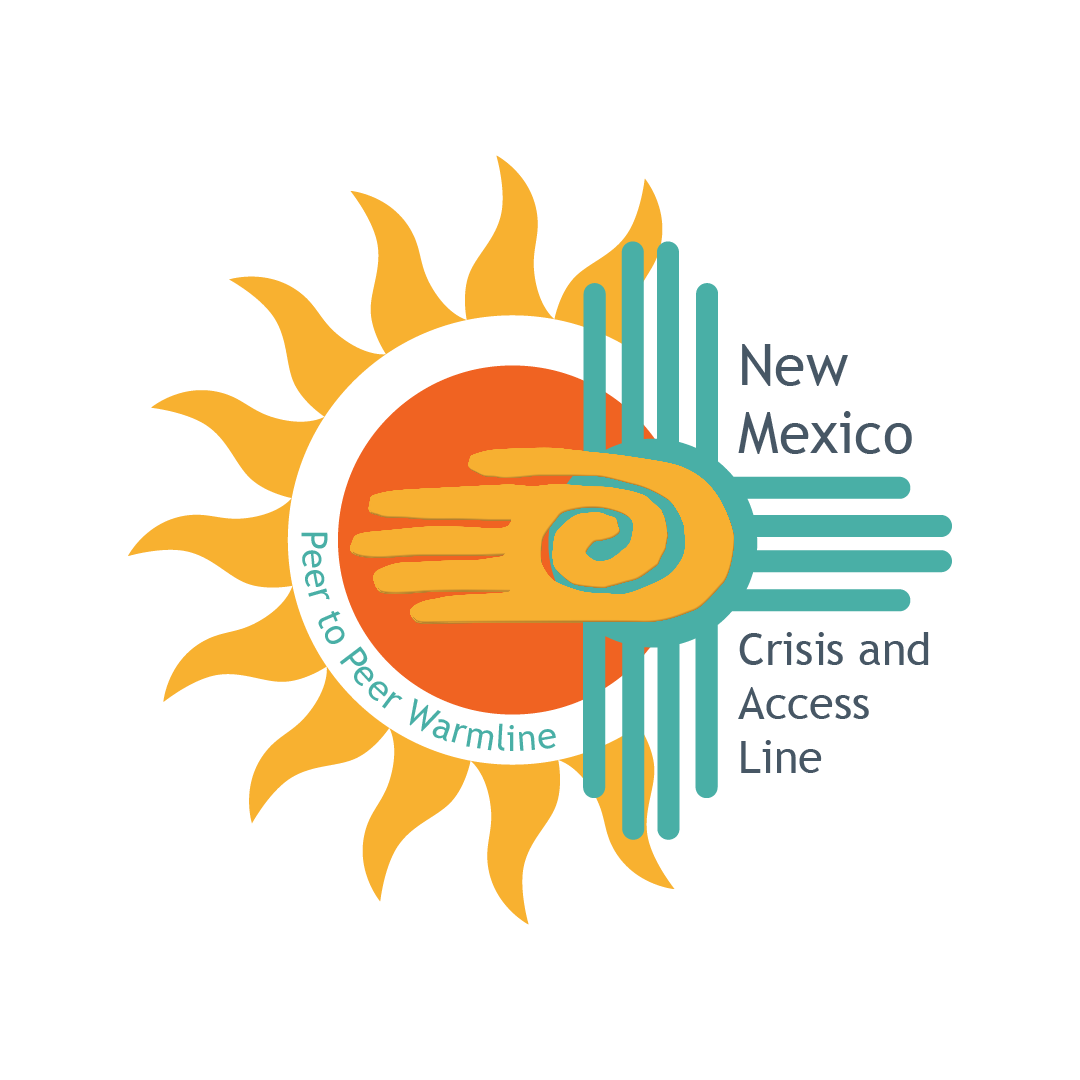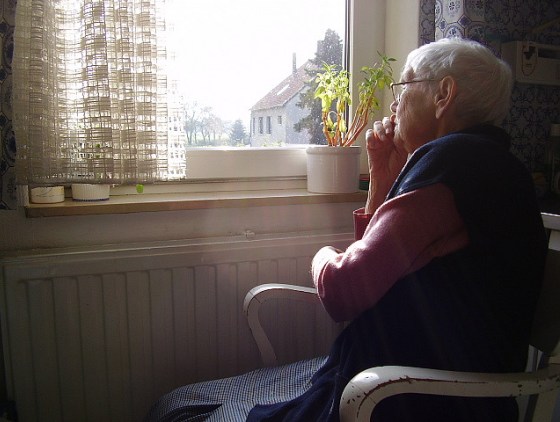Loneliness can be caused by health issues, financial troubles, or grief from loss, and it can be very overwhelming. Loneliness can also be attributed to internal factors such as low self-esteem. People who lack confidence in themselves often believe that they are unworthy of the attention or regard of other people, which can lead to isolation and chronic loneliness. Personality factors may also play a role.
Since ancient times, depression and loneliness have been observed, experienced, and described by various people throughout the world. Ancient Greeks and Romans were known to have recorded basic ideas of loneliness on multiple occasions. As the world progressed, so did the ideas of loneliness. For much of the 20th century, depression and loneliness were oftentimes taboo topics reserved for very close friends (if spoken about at all). But as the rate of loneliness has risen in the population, the importance of mental health has become very apparent. Nowadays, loneliness and mental health problems can be real issues for millions across the planet. In countries like Japan, birth rates have begun to drop as mental health issues have skyrocketed.
Loneliness can be temporary for some while for others it may be a perpetual state of being. Loneliness can affect people at any age and from all walks of life. It does not discriminate and can strike us at any point in our life. Loneliness can be harmful to a person’s mental, physical, behavioral, and social health. Thus it is important to seek and offer company as much as we can. National Cheer Up The Lonely Day encourages us to bring joy and cheer into the lives of those who are struggling with loneliness. And, serves as a reminder to all of us that there are times when anyone we know may need a little extra love and attention. A small act of kindness can make a big difference.
This week we’re encouraging people to consider engaging in activities that spread social cheer, and spread awareness about the adverse and long-term effects of loneliness. On this day, take some time out of your busy schedule to bring happiness to those who are lonely or feel neglected. If you have a close friend, family member, old neighbor, new classmate, parent, child, or anybody else in your life, that may be experiencing loneliness, or going through a tough time, surprise them with a visit, a hug, or organize a get-together to help get the word out and spread the spirit of friendliness! Or, use this day to express gratitude to anyone who’s ever reached out to you while you when struggling with loneliness.
Take Time To Understand Loneliness:
Stress, isolation and social exclusion increase the risk of poor health and loneliness, dissatisfaction with life, and may even act as predictors of early death.
Understand How People Become Lonely:
People can become lonely for any number of reasons, regardless of their age. Some people are lonely because they don’t feel like they fit in, while others may become lonely after the death of a loved one. Other people might just suffer from an illness that doesn’t allow them to see many people. Children with family troubles will often become lonely as a result of the tough issues they face at home.
Pets and People Can Combat Loneliness:
We know that pets can cheer people up. POOCH (Pets Offer Ongoing Care and Healing) program and research by St. Louis University found that weekly visits with a therapy dog significantly reduced the loneliness of elderly patients in a long-term care facility.
If pets can help to reduce loneliness, so can human visits. In today’s busy world, we get so caught up in the day-to-day that we forget about those who are not directly in our line-of-sight. It’s sometimes true that out-of-sight does often lead to out-of-mind. We need to be purposeful in connecting with those who are important in our lives.
Stories about How You Can Combat Loneliness:
- When my boys were little, they were blessed to have 3 sets of grandparents and 3 sets of great-grandparents. We even moved to be closer to several of them. Life was busy with two little ones, but we made it a point of visiting each of the great grandparents. Sometimes the boys would complain and we would have to explain that not everyone’s lives were busy like ours. Grandmas and Grandpas loved us and looked forward to us visiting. It made them happy. And because we love them, we visit. But the benefit was not all about the grandmas and grandpas. The boys benefited. They learned how to be around elderly people and they learned that there is a lot to learn from them if you ask the right questions. Leaving that day, they learned about love, family connection and responsibility.
- A couple of my best memories were when our grandpa was in the nursing home and the boys and I went to visit. Sometimes they were dressed in their halloween costumes and the residents would light right up. They would pretend to be scared by the costumes and try to guess their names. Once the boys played the piano for them. Just simple tunes that they had learned at piano lessons, but you would have thought that the big band had arrived. The residents came from their rooms and clapped away, even requesting an encore.
It doesn’t take much to cheer up the less lonely and make a difference. Here are some tips for building resilience, combatting loneliness, creating paths to wellness, and celebrating Cheer Up The Lonely Day:
- Let your friend or family member know that you are thinking about them. Send them a message, call them on the phone, or go for a visit.
- Let them talk and vent. It may be hard to listen to someone who is lonely as often their conversations tend to be negative. Let them express themselves and then move the conversation forward to something lighter or more positive.
- Give them a hug. We need physical contact. Did you know that giving 5 people a hug every day can lower your own stress level by 25%.
- Take them out. Getting outside, especially on a sunny day, can boost serotonin and melatonin which impact our mood and sleeping patterns.
- Play. Have a game of cards or break open the board games. Playing can be a great distraction and very therapeutic. It can also make conversation easier.
- Ask what they need. It’s ok to ask. And if they are not sure, let them know that you are there when they need you.
- Try to be compassionate and respectful.
And remember, that there is always someone to talk at the New Mexico Crisis and Access Line (855-662-7474), or the Peer-to-Peer Warmline (855-466-7100).










